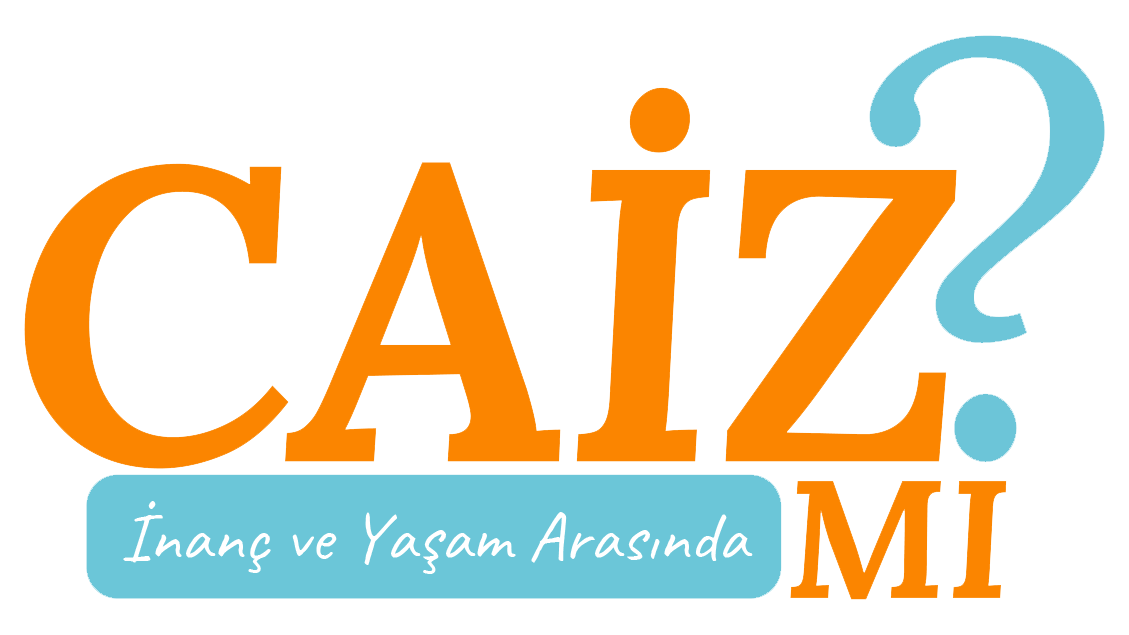According to the Hanafi school, it is impermissible to consume small terrestrial animals (hašarat). In the books of Islamic jurisprudence, hašarat are defined as small land animals, which include not only insects but also creatures such as mice, lizards, and turtles. The Hanafis regard these animals as “habā’is” (impure and unsuitable for consumption) and thus rule that consuming them is forbidden.
The Hanafis derive this ruling through analogical reasoning (qiyas) based on Prophetic traditions that prohibit certain small animals without flowing blood. For example, when the Prophet was asked about the ruling on consuming hedgehog meat, he stated that it was “one of the impure things” (Abu Dawood, “Foods”, 29). Similarly, he prohibited eating lizard meat (Abu Dawood, “Foods”, 27) and forbade killing frogs (Abu Dawood, “Adab”, 164-165; Nasa’i, “Hunting”, 36). In light of these hadiths, Hanafi scholars rule that animals classified as hašarat, such as mice, turtles, cockroaches, flies, ants, bees, spiders, and scorpions, are forbidden to consume.
The Hanafi school includes all such small terrestrial animals under the category of “habā’is” and emphasizes their prohibition due to their impurity and repulsiveness (Kāsānī, Badā’i‘ al-Ṣanā’i‘, 5/36; Maydānī, al-Lubāb, p. 348). According to the Hanafi school, the consumption of hašarat is forbidden unless explicitly stated otherwise in Islamic legal texts.
